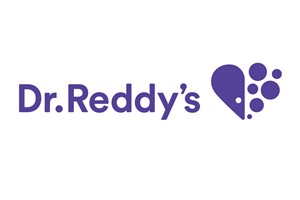A recent pilot study conducted by researchers at Uppsala University Hospital and Uppsala University, in collaboration with Danderyd Hospital and the University Hospital of Basel, Switzerland, has shed light on the potential for generative AI to significantly reduce the administrative burden on healthcare professionals. The study, which evaluated the efficiency and quality of administrative medical note writing, found that the AI model ChatGPT could produce these notes up to ten times faster than doctors without compromising quality.
The findings of the study, led by Cyrus Brodén, an orthopedic physician and researcher at Uppsala University Hospital and Uppsala University, highlight the pressing issue of administrative tasks consuming a substantial portion of doctors' working hours. These tasks not only detract from valuable patient contact time but also contribute to a stressful work environment within healthcare settings.
To assess the effectiveness of ChatGPT in producing medical record notes, researchers utilized six virtual patient cases designed to mimic real-life scenarios in both structure and content. Discharge documents for each case were initially generated by orthopedic physicians, after which ChatGPT-4 was tasked with generating equivalent notes. An expert panel of 15 individuals, unaware of the source of the documents, evaluated the quality of both sets of notes. Additionally, the time required to create the documents was compared as a secondary metric.
The results of the study revealed that while the quality of notes produced by ChatGPT-4 and human physicians was comparable overall, ChatGPT-4 demonstrated a remarkable efficiency, producing discharge documents at a rate ten times faster than doctors.
Cyrus Brodén emphasizes the potential impact of advanced large language models like ChatGPT-4 on the healthcare landscape. He suggests that such technology could revolutionize the way administrative tasks are managed within healthcare settings, potentially freeing up valuable time for healthcare professionals to focus on patient care.
Looking ahead, the researchers plan to launch an in-depth study involving the collection and analysis of 1,000 authentic medical patient records. The objective will be to utilize ChatGPT to produce similar administrative notes within these records, further exploring the capabilities and implications of AI in healthcare administration.
Brodén acknowledges the forthcoming study as an ambitious and resource-intensive endeavor, involving collaboration with multiple partners. Efforts are already underway to ensure compliance with data management and confidentiality requirements, laying the groundwork for the comprehensive investigation.
Upsala Univeristy













